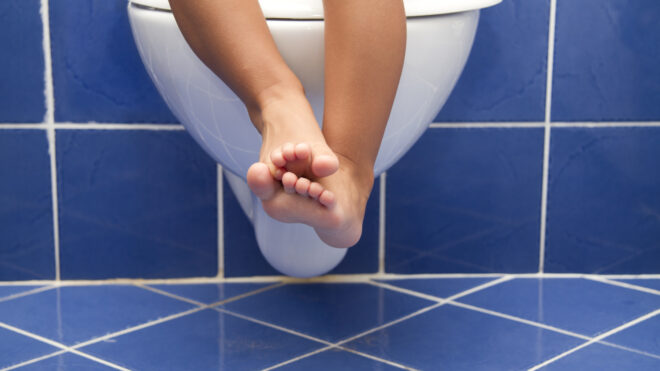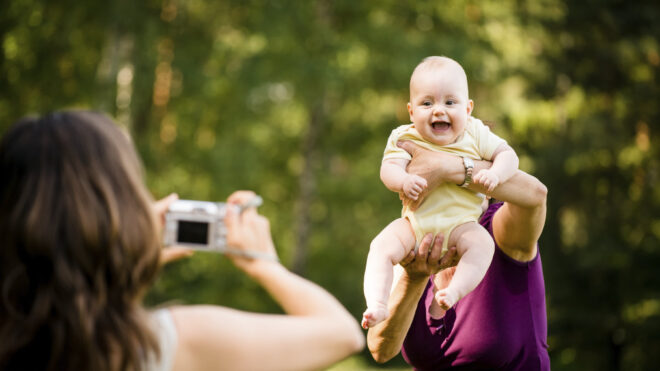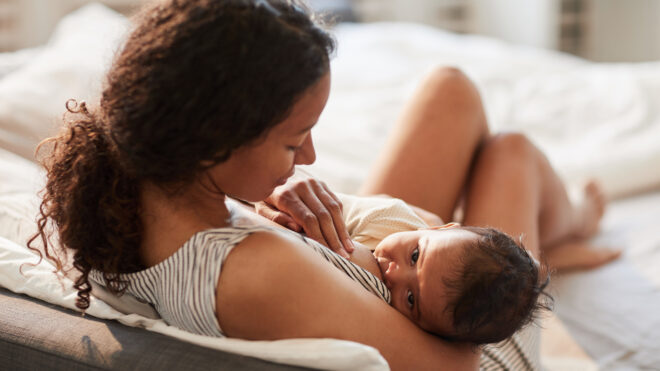Potty training — like a lot of other parenting phases — can be done a variety of different ways. We all have our tips on what worked for one child versus another. Each parent's method depends on their parenting style, their kid's personality, and maybe even some cultural traditions.
For example, in the US, potty training tends to happen around 2 or 3 years of age, while in Russia, some parents start as early as 6 months!
Of course, there's no wrong or right way to potty train. Many of the potty-training practices around the world are born out of need and the families' surroundings. Whether or not they would work for us here in the US, these international potty-training methods are really fascinating — check them out.
Vietnam
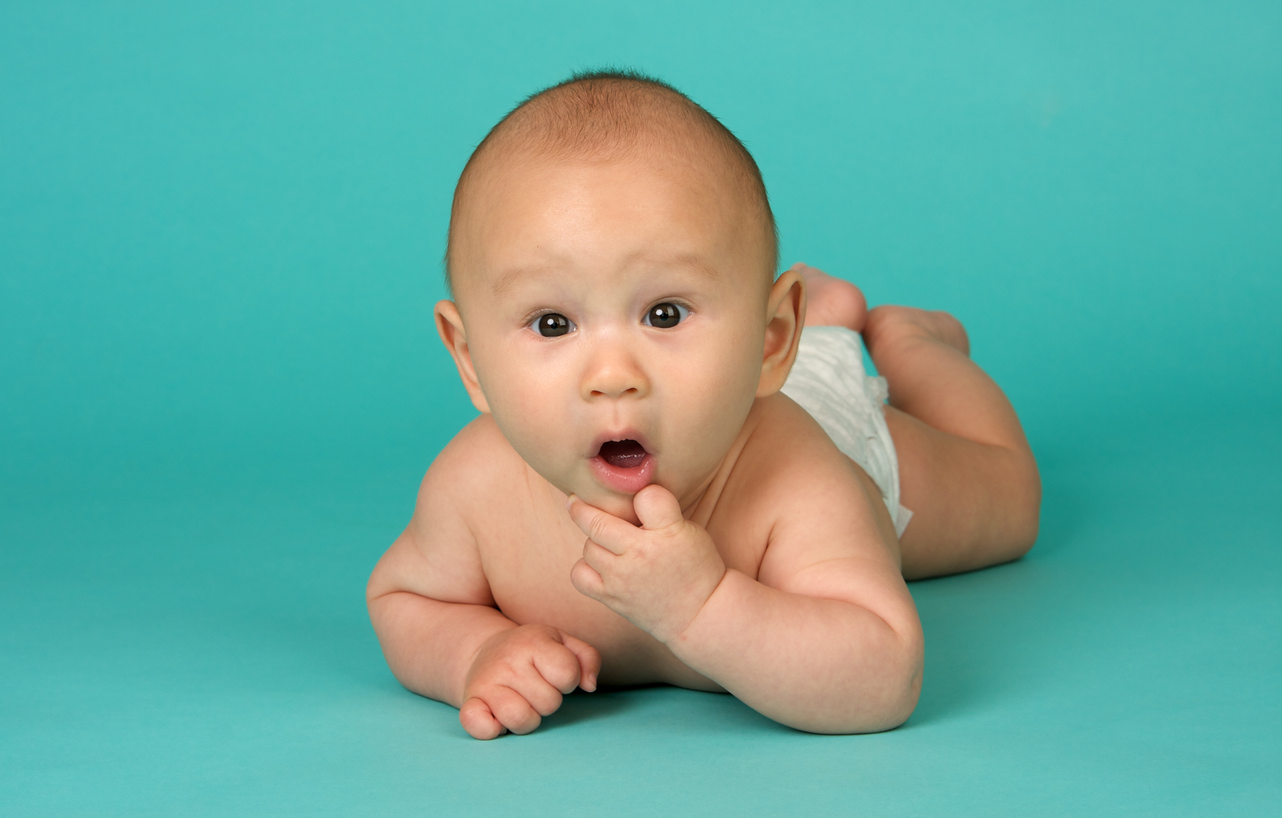
In Vietnam, some parents whistle to get potty training started. The whistling sound becomes the cue for baby to use the potty. It's also been said that these babies tend to be out of diapers by 9 months. Hmmm.
Germany
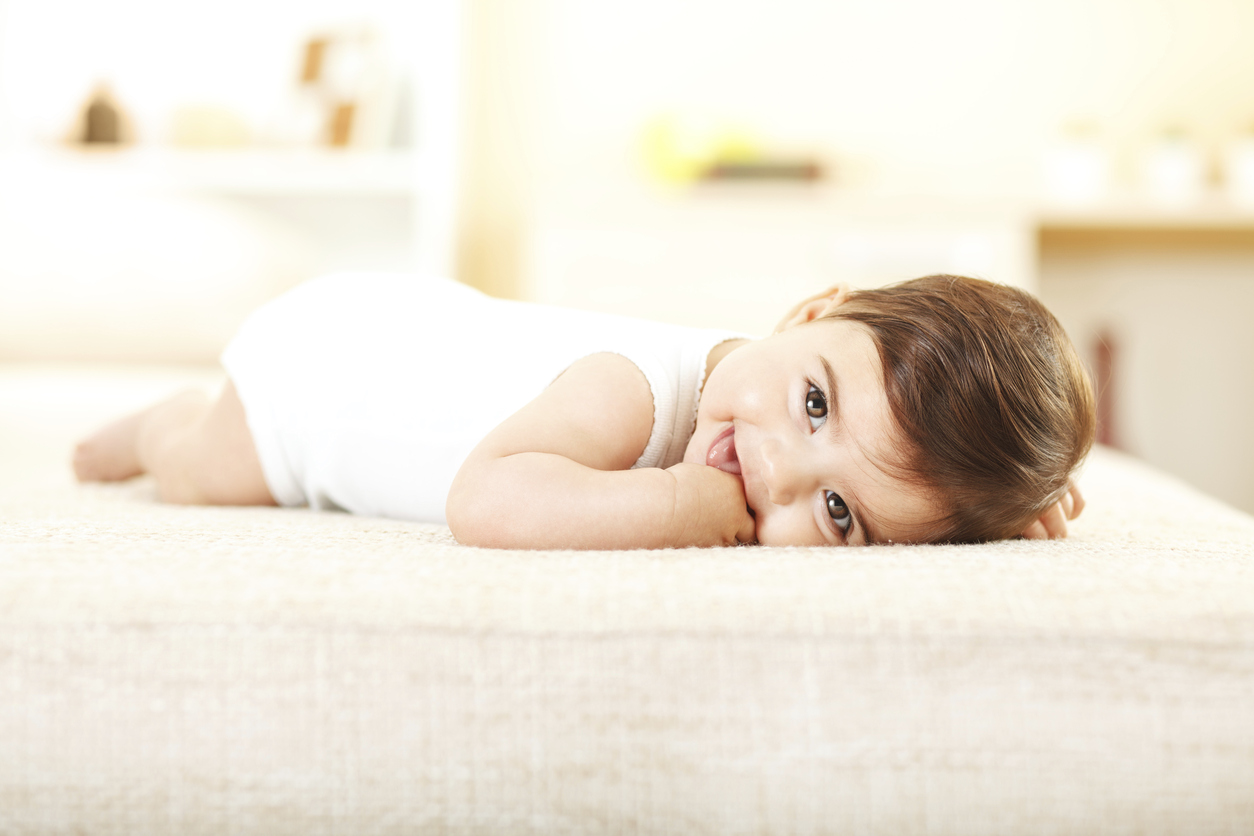
Families in Germany don't seem to be in a rush to get kids potty trained. There, many kids just phase out diapers at their own pace, usually around 3 years of age.
More from CafeMom: When a Potty-Trained Kid Has Accidents: 12 Dos & Don'ts
China
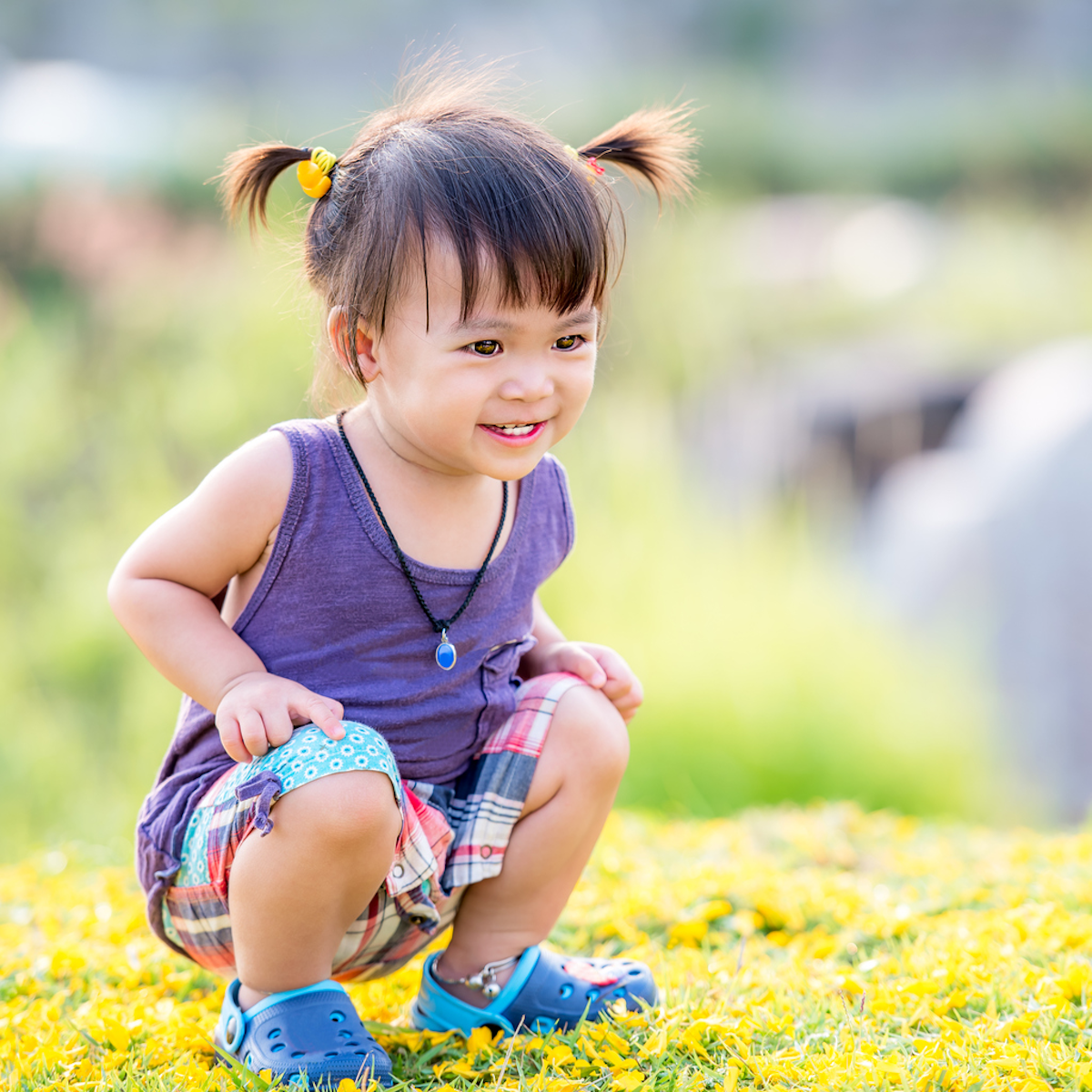
In some rural areas in China, parents make a whistling sound to encourage their babies to pee, while holding them over a toilet. (It's kind of like how some adults turn on the water to help things move along.) Many also put kids who are walking in pants with a split-crotch, so they don't have to pull down their pants to go. Eventually most of these children end up going to the bathroom on command.
Israel
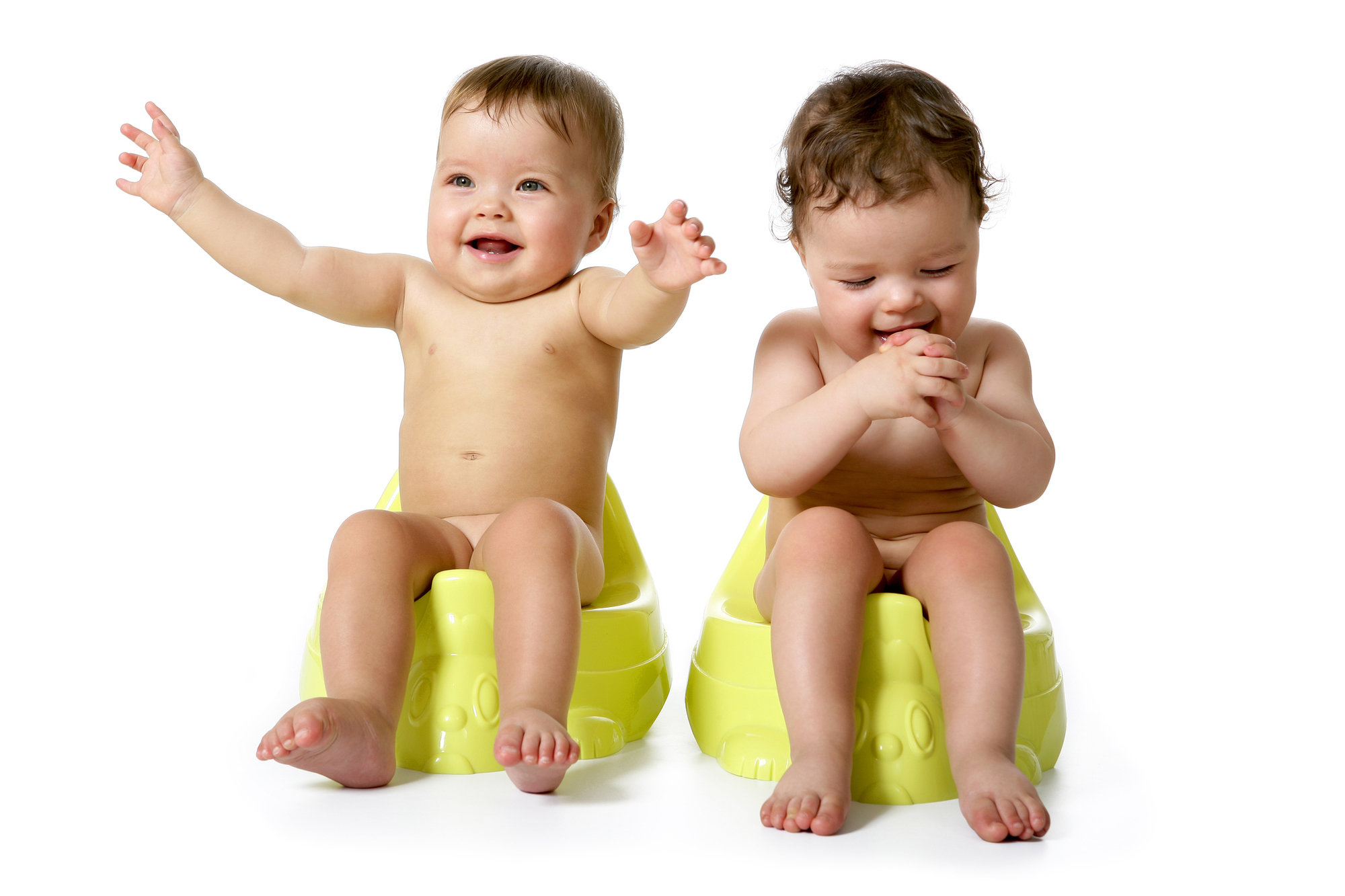
It's a group effort in Israel. In a child care situation, some Israeli kids are potty trained together, lined up on potties at the same time. It works — all the kids tend to end up going to the potty because they are rewarded with praise afterward. Plus, a little peer pressure.
Namibia
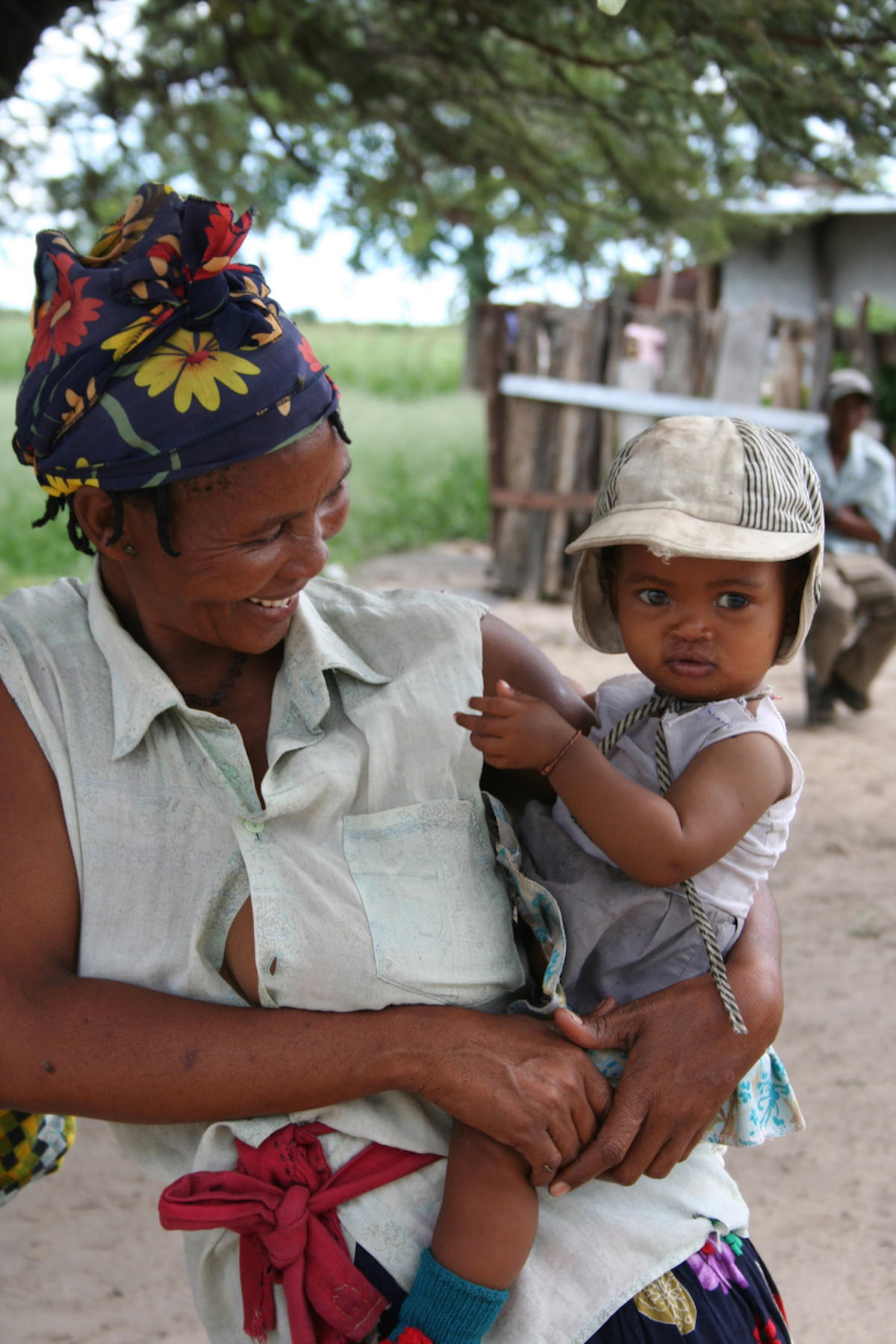
If you saw the documentary Babies, you saw that in Namibia, potty training may be simply done by mom holding the baby up as she pees or poops. Corn husks or even their hands are often used as a wipe. These kids are often potty trained way before those of us in America. Simplicity and nature do go hand in hand.
Europe
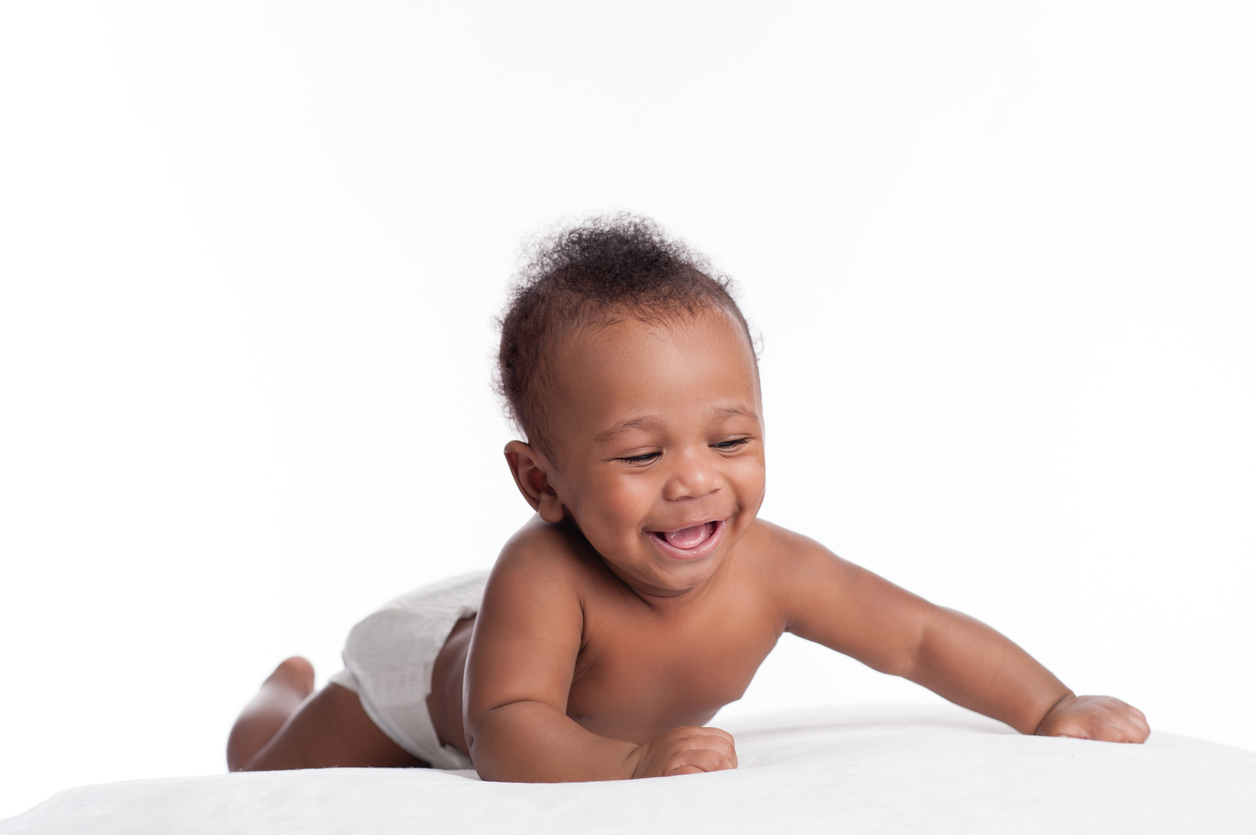
Most of Europe is similar to the US when it comes to potty training. European kids often start potty training around 2.
Russia
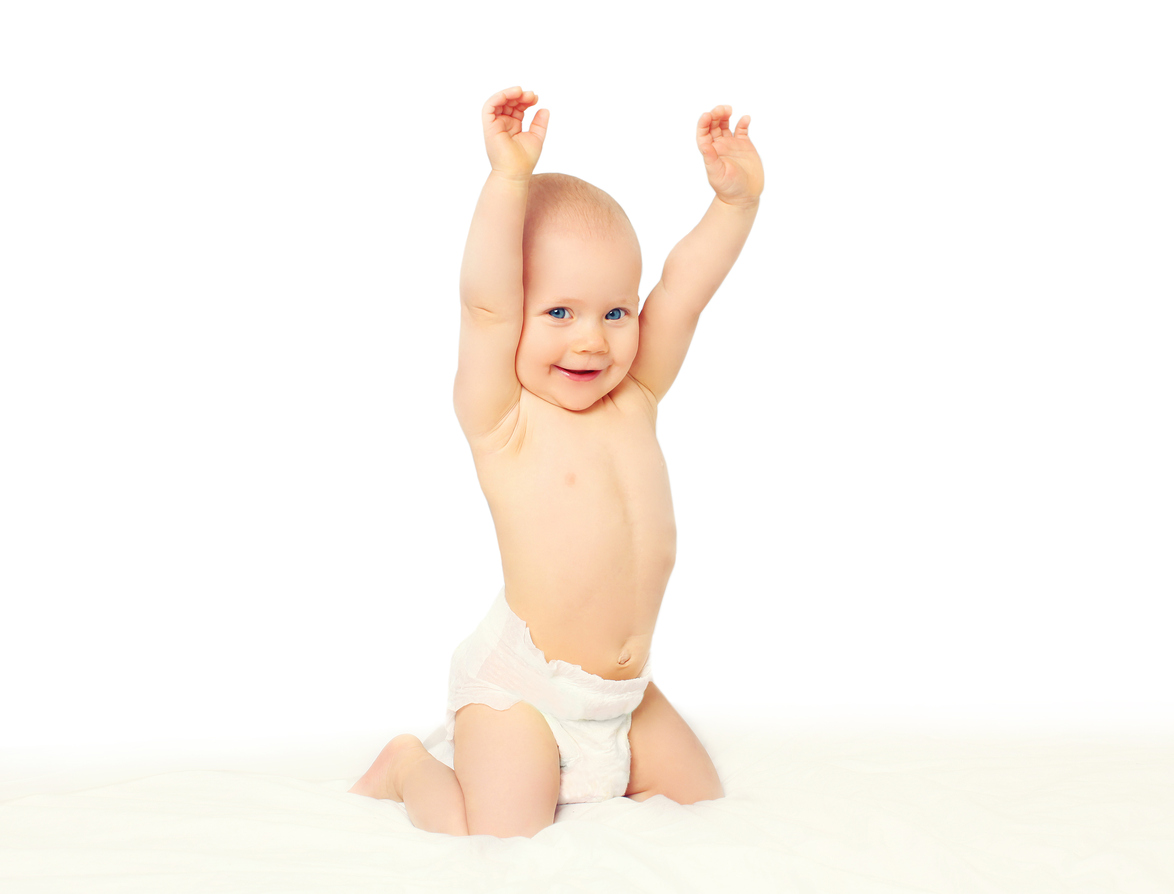
Potty training tends to start around 6 months of age for Russian kids, or whenever the baby starts to be able to sit up. Many moms, dads, and caregivers simply hold the little one over a potty so he or she can eliminate waste.
Greenland
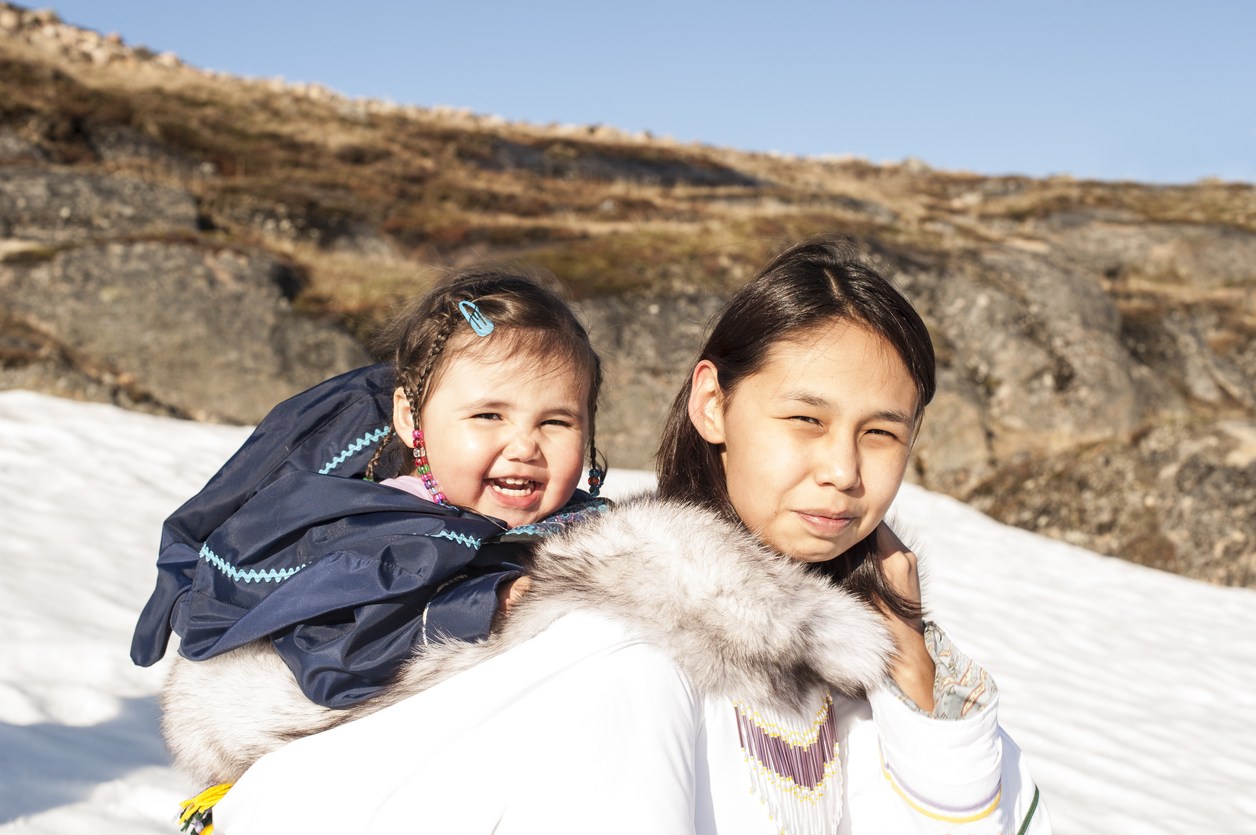
Some people in the Inuit culture use baby carriers called amauti that include a section of grass, so when baby needs to go, she does so right there in the carrier. They also tend to stick to a routine, encouraging their little one to go to the bathroom as soon as he or she wakes up, before and after eating, and right before bed.
Kenya & Tanzania
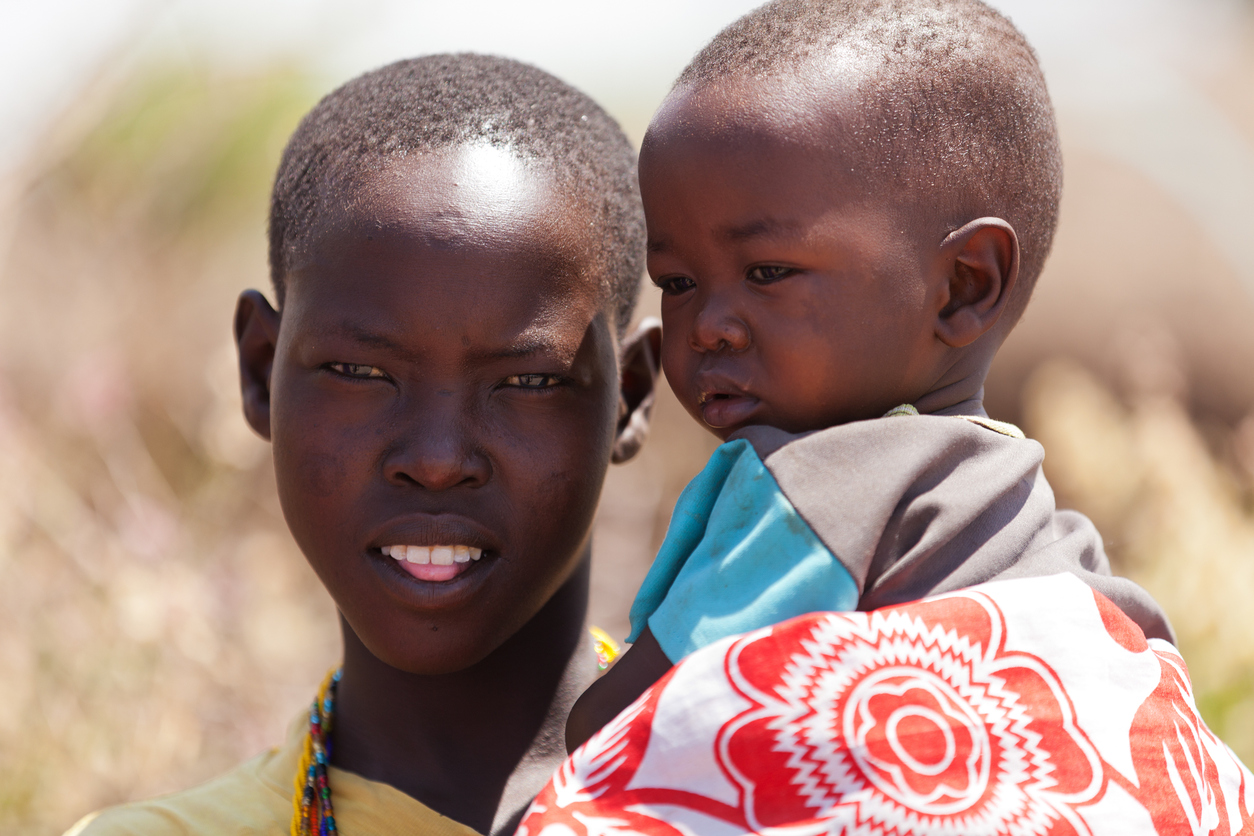
Many Digo people in eastern Africa tend to keep their baby close, so the mom will often read baby's cues when it's time to go . Their "training" often begins in the first weeks of baby's life. They simply hold the baby over the ground so he or she can eliminate.
India
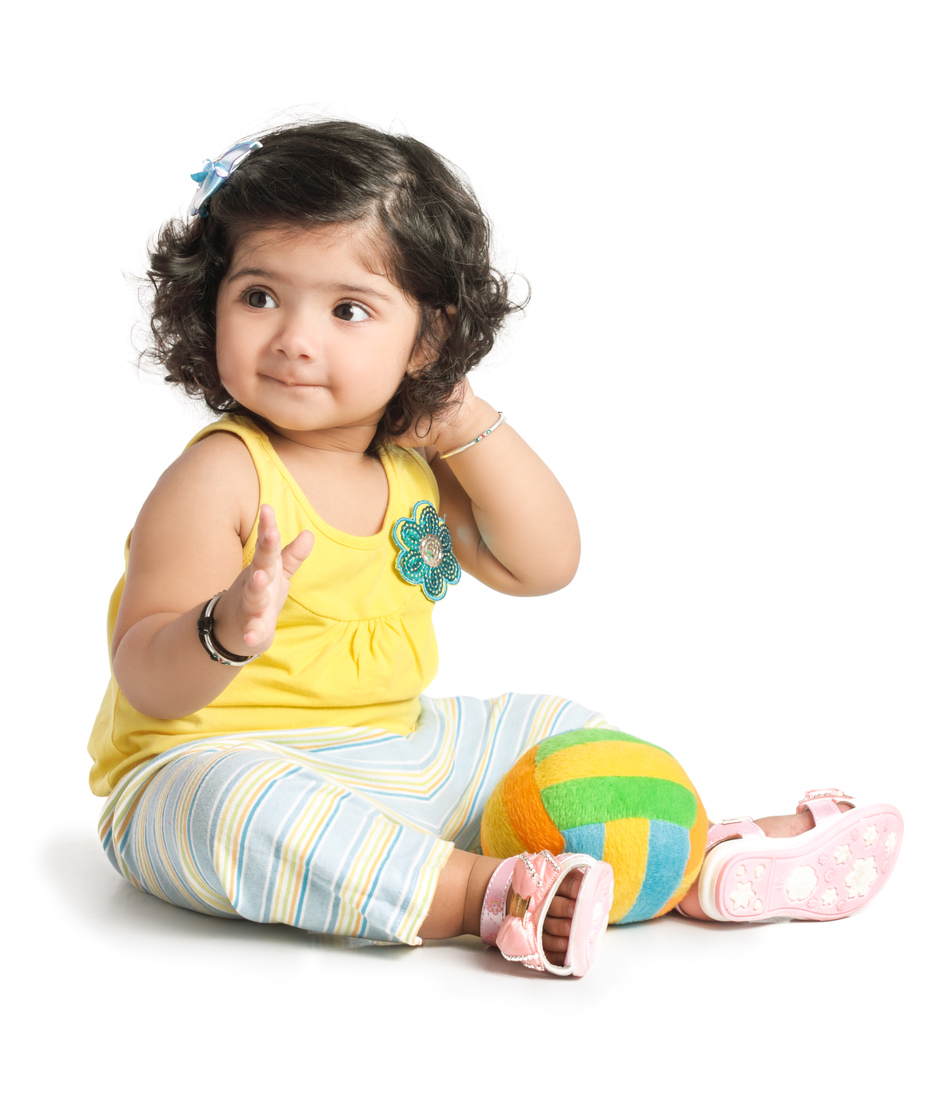
You won't find any mini potties here. In parts of India, some babies go diaper-free as young as 6 months.

